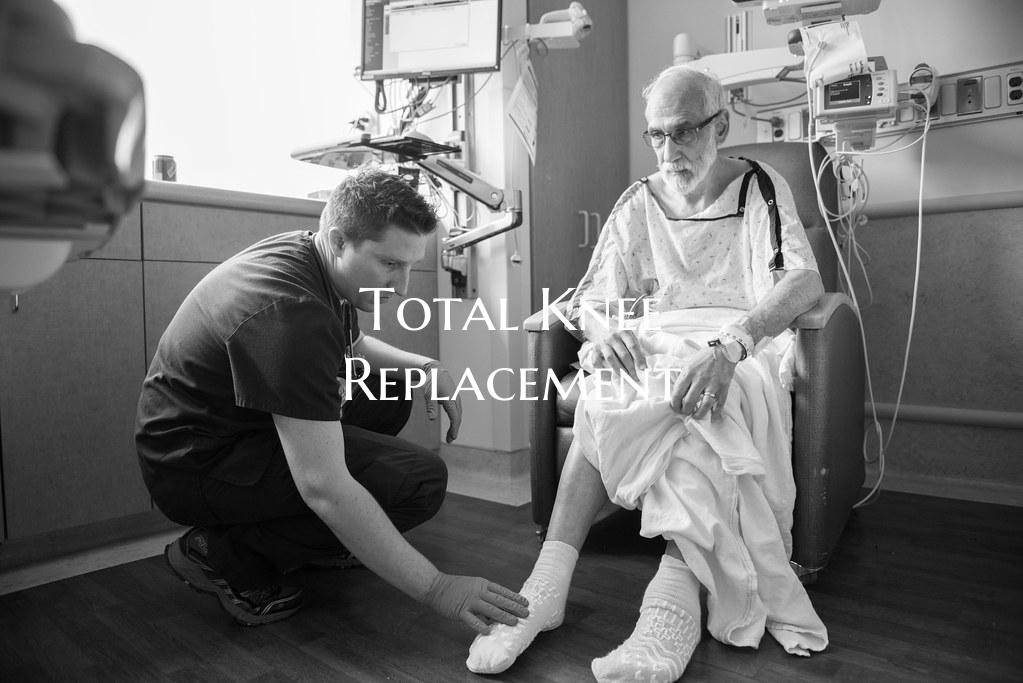
Total Knee Replacement
Total knee replacement surgery, also known as total knee arthroplasty, is a common procedure designed to help individuals suffering from severe arthritis or injuries regain mobility and reduce pain in their knee joint. This surgical intervention involves removing damaged cartilage and bone from the knee joint and replacing it with an artificial joint made of metal and plastic components.
Before undergoing a total knee replacement, patients typically undergo a series of pre-operative evaluations, including physical examinations, imaging tests, and blood work, to assess their suitability for the surgery. It is essential for patients to have realistic expectations about the outcomes of the procedure and actively participate in pre-operative preparations to optimize the surgical results and post-operative recovery.
During the surgery, an orthopedic surgeon carefully removes the damaged portions of the knee joint and implants the prosthetic components to restore the knee's function and alignment. Depending on the severity of the knee damage and the patient's overall health, the surgery can be performed under general anesthesia or regional anesthesia.
Recovery after total knee replacement surgery involves a comprehensive rehabilitation program aimed at improving range of motion, strength, and function of the knee joint. Physical therapy plays a crucial role in the recovery process, helping patients regain their ability to walk, climb stairs, and perform daily activities comfortably.
While total knee replacement surgery is generally safe and effective, it is important for patients to follow their surgeon's post-operative instructions diligently to prevent complications and achieve the best possible outcome. Long-term success of the surgery often depends on factors such as adherence to physical therapy, maintaining a healthy weight, and engaging in low-impact activities to protect the artificial knee joint.
In conclusion, total knee replacement surgery is a proven intervention for individuals with debilitating knee pain and stiffness caused by arthritis or injury. By understanding the surgical process, participating in pre-operative preparations, and committing to post-operative rehabilitation, patients can expect to experience significant improvements in their knee function and quality of life.